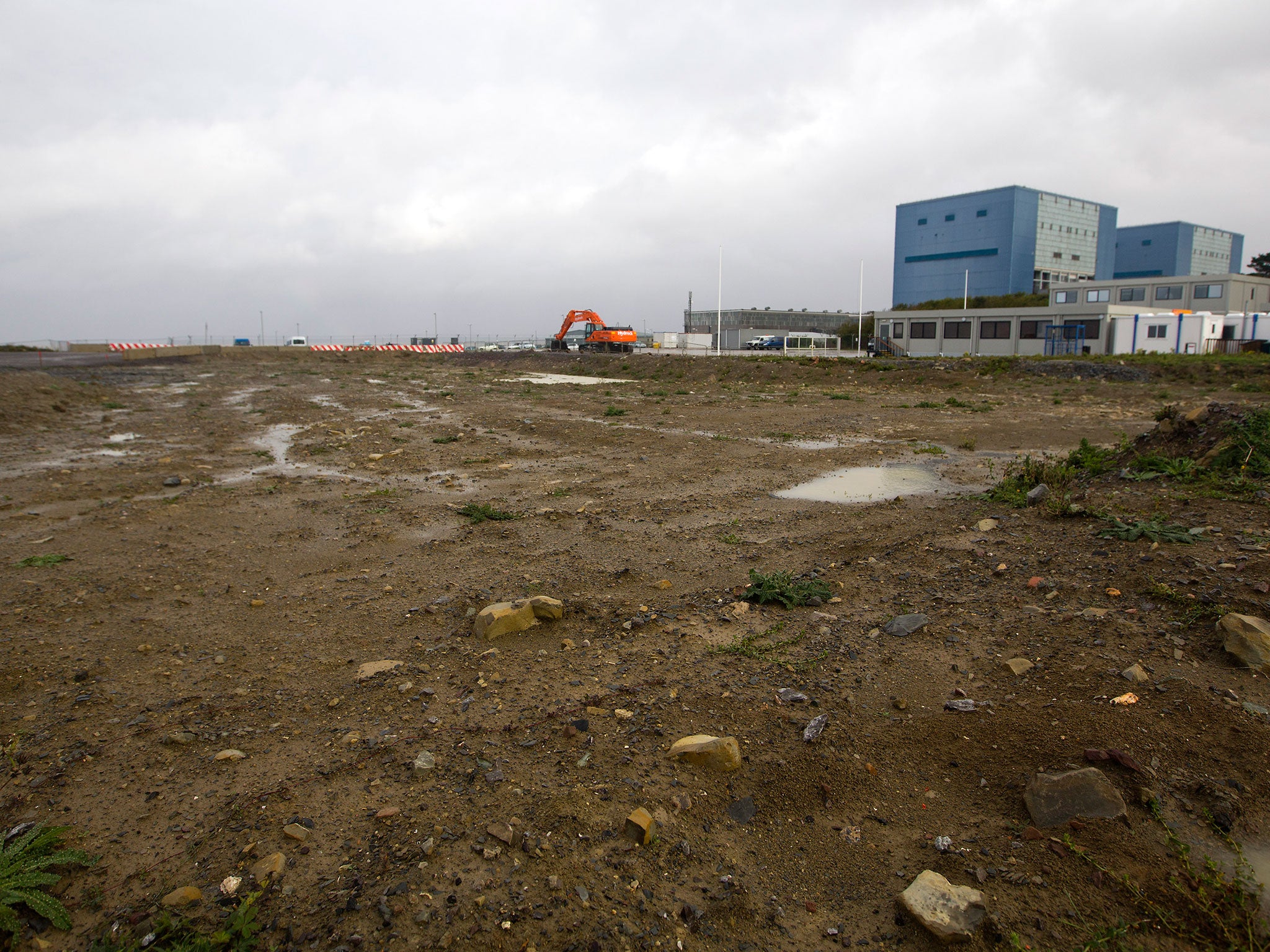Should the UK really be putting its money into nuclear power in 2015?
Pressure is mounting on the Government over the cost of the new Hinkley Point C nuclear power plant, and a final decision on its construction has not been made

Your support helps us to tell the story
From reproductive rights to climate change to Big Tech, The Independent is on the ground when the story is developing. Whether it's investigating the financials of Elon Musk's pro-Trump PAC or producing our latest documentary, 'The A Word', which shines a light on the American women fighting for reproductive rights, we know how important it is to parse out the facts from the messaging.
At such a critical moment in US history, we need reporters on the ground. Your donation allows us to keep sending journalists to speak to both sides of the story.
The Independent is trusted by Americans across the entire political spectrum. And unlike many other quality news outlets, we choose not to lock Americans out of our reporting and analysis with paywalls. We believe quality journalism should be available to everyone, paid for by those who can afford it.
Your support makes all the difference.When the project was first announced by the Labour government in 2008, it was predicted that Hinkley Point C could produce a sizeable chunk of the UK’s future energy. It was billed as a new type of nuclear power station, capable of generating safe and reliable low-carbon electricity for five million homes.
But more than seven years down the line, the Government has still not announced its final decision on whether to proceed with the £25bn project, which has been hit by a series of safety setbacks, legal challenges and other problems. Put simply, the debate boils down to the central question: should the UK really be putting its money into nuclear power in 2015?
Earlier this month, Austria lodged a legal challenge to the scheme at the European Court of Justice, arguing that the EU should not have granted state subsidies to fund a new nuclear power plant. “Subsidies are there to support modern technologies that lie in the general interest of all EU member states. This is not the case with nuclear power,” Austrian Chancellor Werner Faymann said at the time.
Nine German and Austrian utility firms selling renewable energy have also launched their own legal action, claiming that the construction of Hinkley with the help of central subsidies will distort prices in European power markets. Slaughter and May, it seems, are not the only law firm doing well out of the project.
Then there are the safety fears. What has been described as a “very serious” fault has been discovered in a French nuclear power station with an identical design to that proposed at Hinkley. An investigation, which is still ongoing, is examining whether the steel used to make a 50ft-high safety casing, or “pressure vessel”, for the reactor is defective.
EDF’s official literature about Hinkley Point describes it as a “huge investment project” comparable in scale to London 2012. The company says it is confident that the power station will create more than 5,000 UK manufacturing and construction jobs.
But even that side of the project has proved problematic so far. Earlier this year, the firm announced that 400 people who had been preparing the site for construction were being dismissed as a consequence of delays over its negotiations with the Government.
Roy Pumfrey, a spokesman for the Stop Hinkley campaign group, said the legal fees paid by the Department for Energy and Climate Change (DECC) to Slaughter and May were just the latest in a long line of “daft” decisions made by ministers.
“The deal that DECC has struck with EDF – that this law firm has got £1m for overseeing – is just absolutely shocking. If the British public realised what they were being stuck with, there would be a groundswell of opposition to what’s being done,” he said.
Join our commenting forum
Join thought-provoking conversations, follow other Independent readers and see their replies
0Comments